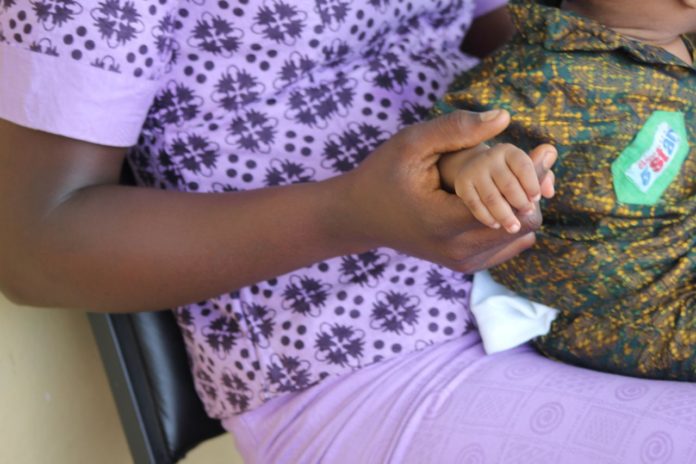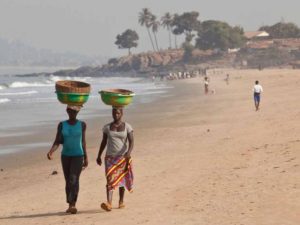
|
Getting your Trinity Audio player ready...
|
By Winnie Kamau
It is appalling to hear that sexually exploited or victims of sexual violence once they get pregnant in Sierra Leone, they cannot be allowed back to continue their education. In the digital era we are living in, this kind of abuse of human rights will make you shudder as Teen Mums are banned from attending school following the discriminatory law by the government of Sierra Leone.
Girls who get pregnant as a result of rape or sexual exploitation end up being double punished as they are banned from attending school and in most cases, there is no access to justice for the rape ordeal, with perpetrators going unpunished.
It is with this that five Human Rights Organizations working on advancing the rights of women and girls in Sierra Leone are urgently calling on the leadership of Sierra Leone, and all political actors to take immediate action to address the increase in incidents of Sexual and Gender-Based Violence across the West African country.
According to statistics from the Rainbo Initiative Sierra Leone (RISL) 56% of the rape victims are between 11-15 years. in 2016 there were 2499 sexual assaults with the youngest of the sexual violence survivor being a 3-month-old baby. The statistics by Rainbo indicate the majority of the victims are school going children. Once the girls who cannot legally consent to sex get pregnant, they end up dropping out of school.

The strongly worded statement released by the quintet Human Rights Organization further indicates that many of the girls become pregnant due to the type of sexual violence reflected in these statistics. Many more girls under the age of 18 become pregnant as a result of exploitative relationships with much older men, which is a crime in Sierra Leone. Girls are subjected to multiple violations of their human rights, including forced and early child marriage and Female Genital Mutilation, a ripple effect in some cases, of the sexual violence.
In his address pursuant to his swearing into political office following recent elections, the new President of Sierra Leone, Julius Maada Bio, promised to prioritize the Education sector in Sierra Leone. The organizations are now calling upon President Bio to ensure that all pregnant girls are allowed to continue their education and further lift the ongoing discriminatory ban, targeting teen mums.
In the statement the organizations now want the new political regime to ensure that the laws that protect girls are fully implemented and enforced in Sierra Leone and that the perpetrators of sexual violence are brought to book. They also want adequately equip the Family Support Unit (FSU) of the Sierra Leone Police (SLP) to ensure that the officers are in a position to effectively handle all the cases reported to them.
They are asking for the development and implementation of programs that ensure that girls know their rights and have access to safe spaces and other resources including a programme of Comprehensive Sexuality Education as part of the curricula delivered in all schools and provide sexual and reproductive health rights services to girls.
It is also yet to be seen if the Bio’s government will put in place measures that address the prevalence of teenage pregnancy and sexual exploitation and conduct nationwide campaigns to alleviate the stigma and discrimination endured by pregnant girls
The Sierra Leone Education Act of 2004 clearly provides for non-discrimination in access to education. The normative instruments of the United Nations and UNESCO clearly outline the standards and obligations for states in regards to the right to education.
It is feared that despite the provisions of section 39 of the Sexual Offences Act, girls who are sexually abused are still made to pay for their medical treatment yet most of the victims cannot afford to pay for these medical costs.
The joint statement issued by the Five organizations include Equality Now (EN), Women Against Violence and Exploitation in Society (WAVES), Defence for Children International – Sierra Leone (DCI-SL), The Women’s Partnership for Justice and Peace (WPJP) and GRACELAND Sierra Leone (GSL), detailed the urgent need for action following the worrying rise in the number of SGBV cases reported, and the perpetrators being let off the hook.













